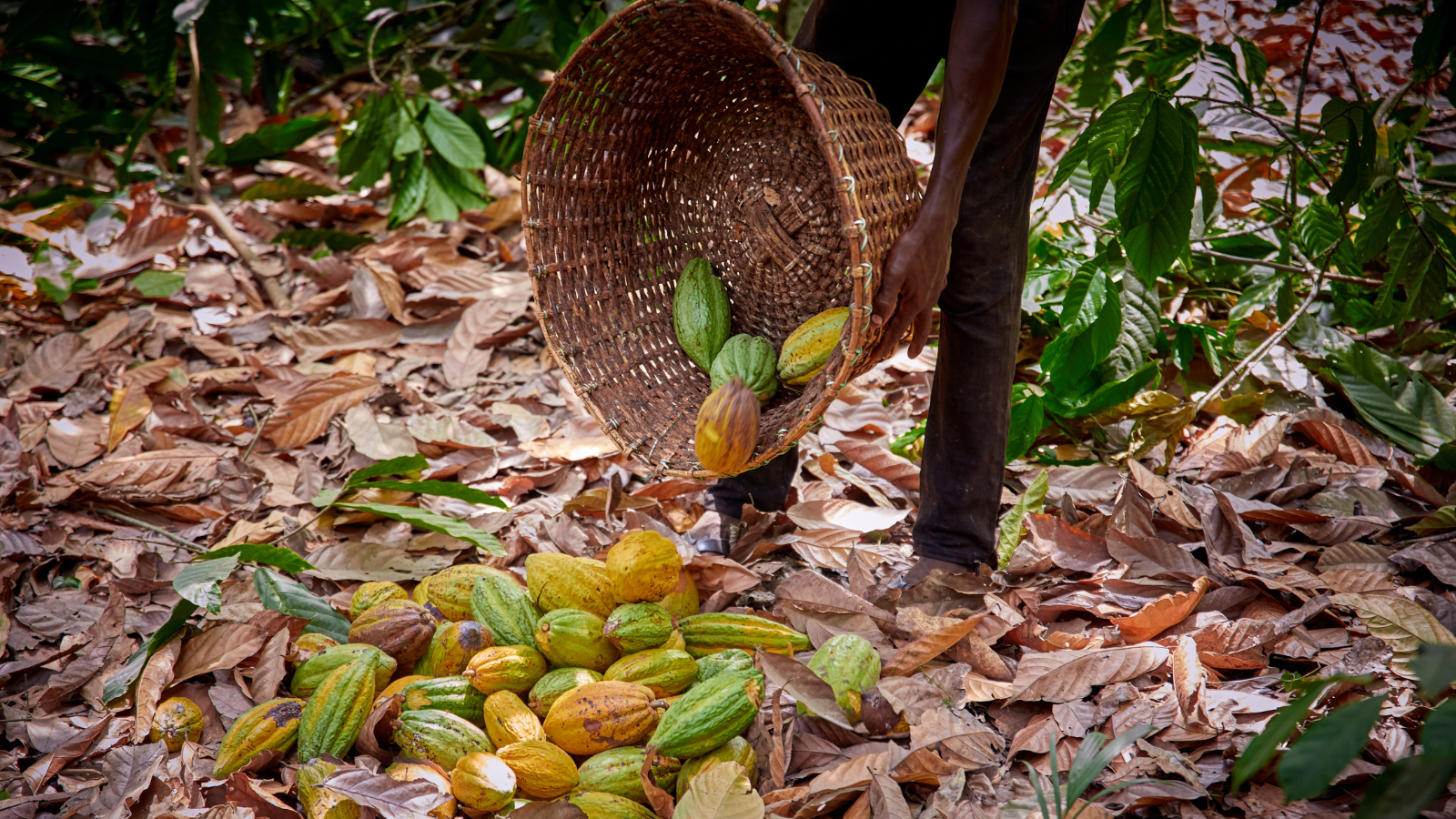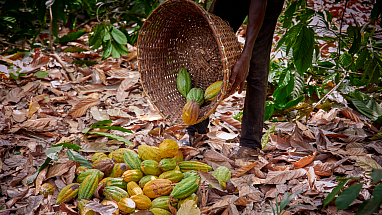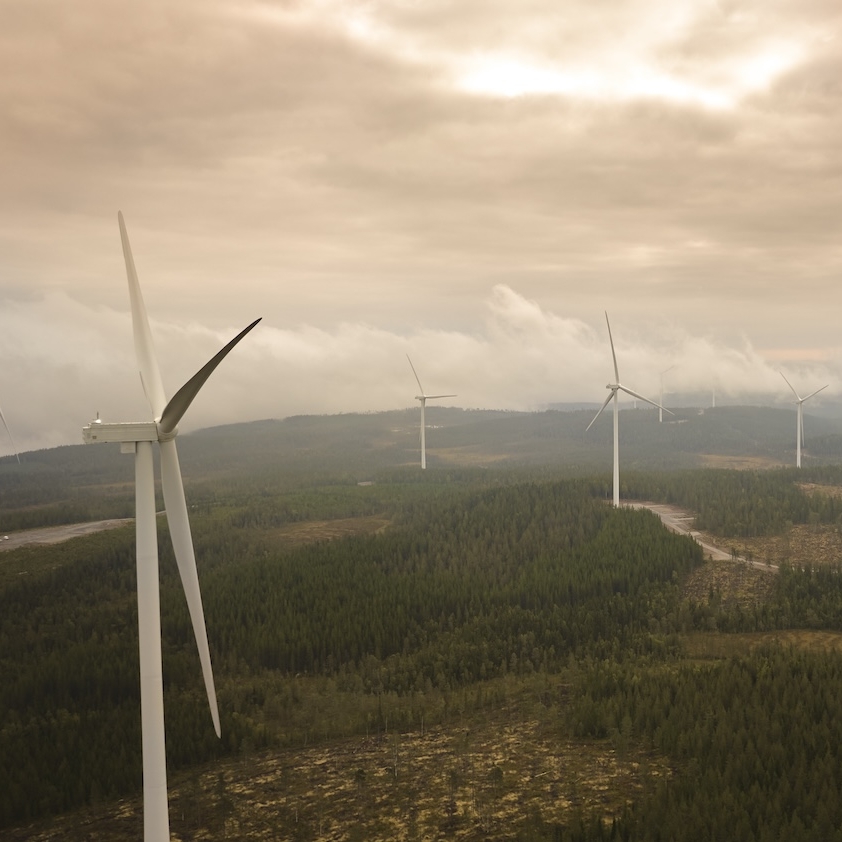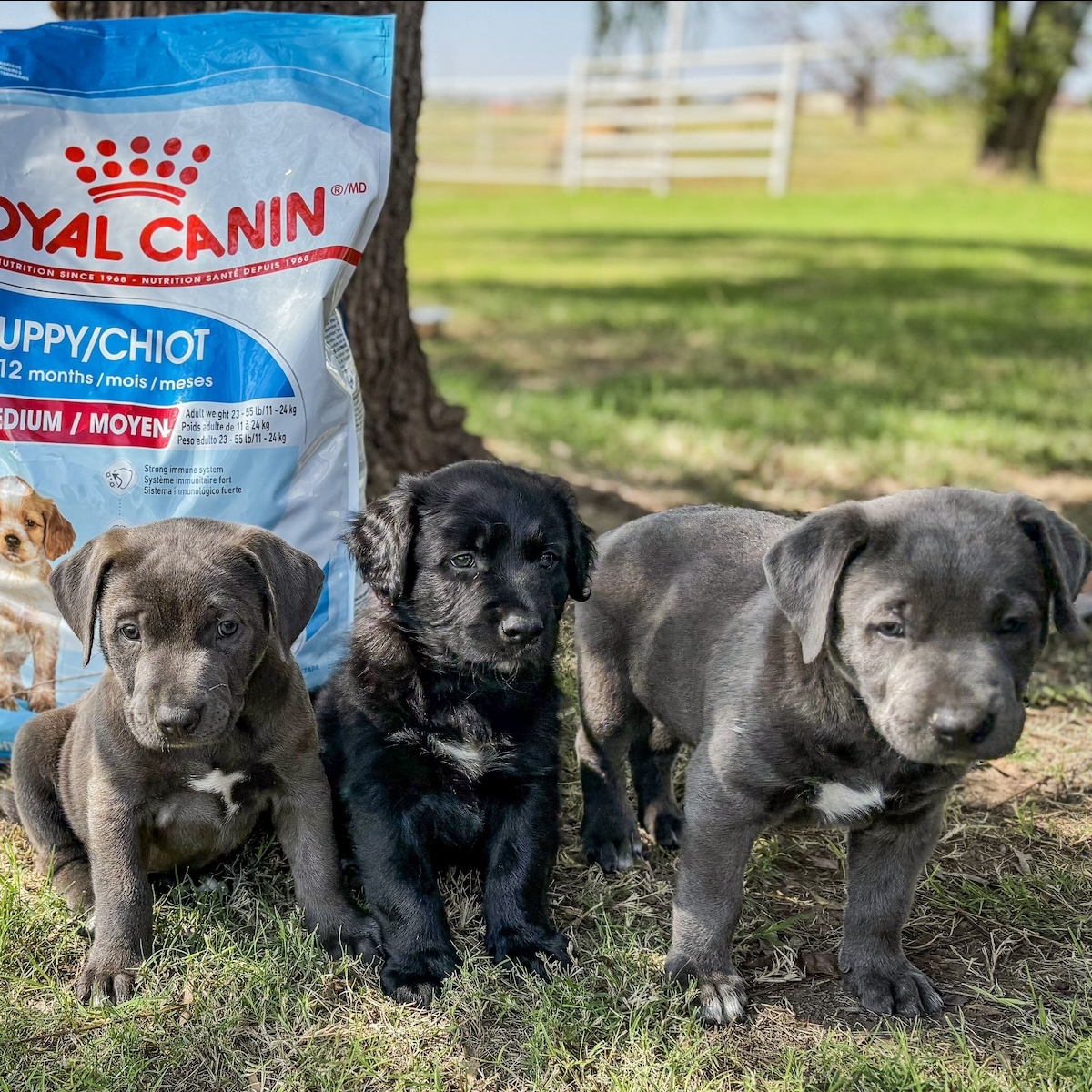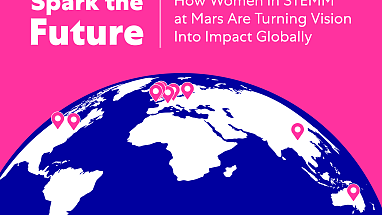By Emma Reynolds, Global Vice President Corporate Affairs and Sustainability, Mars Food & Nutrition
Producing food that is good for us and sustainable for the planet is becoming more difficult. If we are going to sustainably feed 10 billion people by 2050 then we need to make some big changes across the food industry.
But businesses can’t do it alone – we need collaboration across the entire food system. In the Food & Nutrition Segment at Mars, we’re working to transform our supply chain. This includes collaborating with rice farmers to implement climate smart agriculture practices.
As the home to one of the world’s biggest and best-loved rice brands – Ben’s Original™ – rice is a critical raw material for our business, so we have a responsibility to source rice sustainably.
While rice plays an important role in the world’s diet and economic prosperity – a daily staple for 3.5 billion people and providing income to around 19% of the world’s population – traditional rice production uses approximately 40% of the world’s irrigation water, and accounts for up to 10% of global methane emissions.
However, by helping farmers to adopt climate smart agriculture practices, it is possible to reduce water usage and lower greenhouse gas emissions, while protecting rice yields.
A great example is the work we are doing to foster climate-smart rice production in Thailand through the Sustainable Aromatic Rice Initiative, in collaboration with the German development agency, GIZ. Rice is Thailand’s most important food crop accounting for roughly half of Thai agricultural land, but rice farmers are extremely vulnerable to climate change because yields are heavily dependent on weather conditions - in the drought of 2019, yields in Thailand’s second growing season declined by 54%.
The focus of the Sustainable Aromatic Rice Initiative was on teaching farmers sustainable rice production techniques. The six-year program reached more than 1,400 farmers, 70% of whom were women. The results speak for themselves with farmers benefitting from increased yields and reduced water usage across both regions. We are now working with others to scale this program across Thailand.
In the U.S., we’re working with the Whitakers – a family of farmers in Arkansas – who have grown rice for Mars for ten years. By adopting a climate-smart practice known as alternate wetting and drying in their rice farming, the Whitakers have reduced water usage by up to 60% and lowered GHG emissions by up to 70%, compared to average farms in the region, while increasing their yields. As well as seeing impressive results on their own farm, they are also acting as ambassadors for climate smart agriculture in the rice farming community. Working with RiceTec to develop the "Smart Rice" platform, the Whitakers have certified their practices and are now signing up others to use this tool.
I had the pleasure to speak at Reuters Transform Food & Agriculture USA earlier this month where I discussed the importance of working with our farmers and partners to drive sustainable change, and importantly also learnt from other industry experts. My three key takeaways were:
- The power of partnerships. The only way to drive change is to do it together.
- Incentivize the action you want to see. We all know the power of incentives in driving behaviour change, from the farmer to the consumer, as well as within business. At Mars, 20% of our overall executive remuneration is attached to our greenhouse gas and packaging goals to ensure accountability and drive progress.
- This is a long-term game. Building resilient and sustainable value chains takes time and commitment. As a family-owned business, we think in generations not quarters. This is really important when it comes to embedding sustainable practices.
There’s never been a more exciting time to work in food. While there’s undoubtably challenges ahead, we have a real opportunity to transform the food sector for generations to come.




